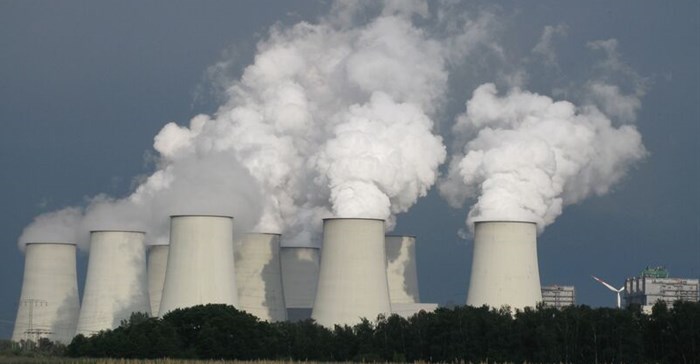
The Decarbonising South Africa's Mining Sector – towards a Green Technology-driven Mining Ecosystem report by the National Business Initiative (NBI), Business Unity South Africa (BUSA) and the Boston Consulting Group (BCG) shows that South Africa can decarbonise its mining sector and promote socio-economic development via enabling cross-sector green-tech opportunities.
The biggest mining sector decarbonisation lever is a cleaner electricity supply, eliminating ~75% of Scope 1 and 2 emissions.
“Electrification of mobility and stationery machinery would eliminate ~15% of Scope 1 and 2 emissions,” says the report.
A coal phase out would remove the majority of fugitive emissions, gases and vapours.
Meeting the DMRE target
Meeting the Department of Mineral Resources and Energy (DMRE) target of 4-5% of global exploration expenditure (~ZAR8 billion per annum) by 2026 is key as it would drive the exploration of green tech commodities in South Africa.
“In addition, establishing the policy environment and infrastructure to enable increased local beneficiation is key,” says the report.
Overcoming structural issues, establishing an enabling policy environment, and setting a clear path towards decarbonised operations and production of clean tech commodities would allow South Africa’s mining sector to be a prime destination for global long-term investments in the context of a Just Transition to net-zero in South Africa.
“Given its vulnerability to the impacts of climate change, South Africa understands the need to transition its economy and to decarbonise its coal intensive sectors, as well as to build resilience to the impacts of climate change,” states the report.
The case for change is also driven by trade risk as key trading partners implement low-carbon commitments, with some, like the European Union planning to introduce carbon border tax adjustments.
“This will create mounting pressure for South Africa, especially in key economic export sectors like mining, manufacturing and agriculture,” the report continues.
Navigating the transition will be complex and will require a high degree of collaboration across industries and amongst government, private sector, civil society and the public.
The NBI, in partnership with BUSA and BCG, have worked with leaders in business, government, civil society, and academia to identify decarbonisation pathways for key economic sectors aligned to achieving net-zero emissions by 2050.
The report forms part of the broader NBI Just Transition and Climate Pathways project.
It is part of a series of reports that ultimately aims to develop zero carbon pathways for all the sectors of the South African economy as well as understand what the socio-economic implications will be to mitigate the negative impacts and address inequality, poverty and employment.
The reports also consider how to achieve a just transition that is economically and environmentally sustainable and which leaves no one behind.
A copy of the mining sector and other repots can be downloaded from the NBI’s here